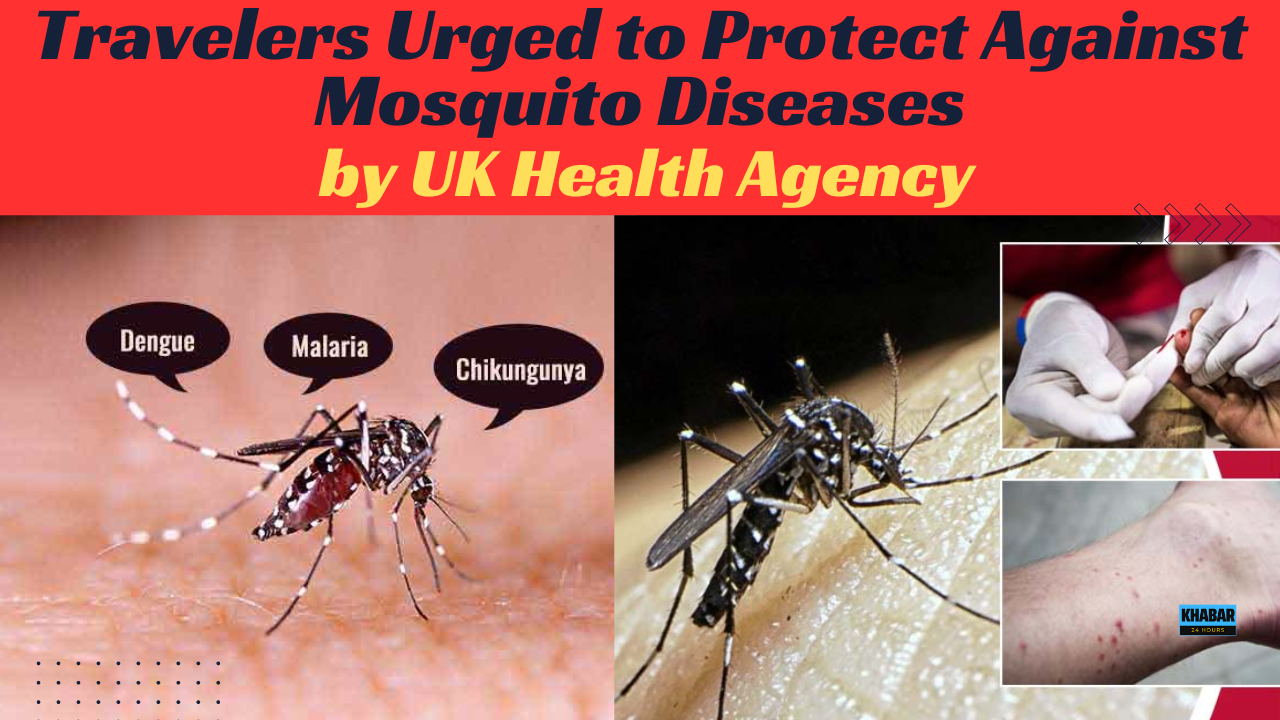
Travelers are strongly advised to take precautionary measures as cases of mosquito-borne infections like dengue and malaria have risen to levels not seen since before the pandemic, according to the UK Health Security Agency (UKHSA). While dengue typically presents mild symptoms similar to the flu, it can be severe in some cases. Malaria, on the other hand, can lead to fever, headaches, confusion, and muscle pains, and in severe cases, it can be fatal. It’s important to note that neither infection can be transmitted from person to person.
Most cases reported in the UK were among individuals who contracted the diseases while traveling to Southern and Southeast Asia, particularly India, with a notable increase also seen in Central America and the Caribbean.
Dr. Dipti Patel, director of the National Travel Health Network and Centre, emphasized the importance of prioritizing health and planning ahead for those planning to travel abroad this year. If feeling unwell, travelers are urged to seek medical attention and inform healthcare providers about recent travel history.
Dr. Philip Veal, a consultant in public health at the UKHSA, highlighted simple steps to reduce the risk of infection, such as using insect repellent, covering exposed skin, and sleeping under treated bed nets. He also stressed that even if someone has visited or lived in a country before, they may not have the same level of protection against infections as local residents and are still at risk.
ALSO READ : Arvind Kejriwal was taken into custody by the Enforcement Directorate over the liquor policy issue.
The UKHSA recommends consulting healthcare professionals four to six weeks before traveling for advice on vaccinations and other health risks. It also advised ensuring that travelers, especially children, are fully up to date with their measles, mumps, and rubella (MMR) vaccinations, as returning from countries with high measles circulation could exacerbate outbreaks at home.

